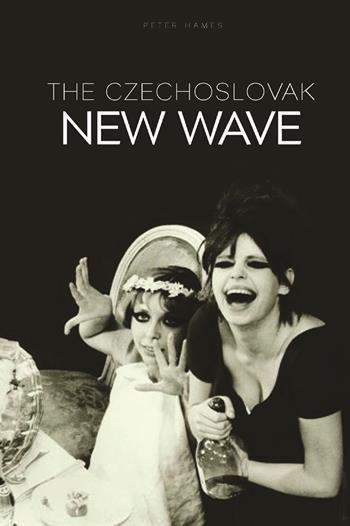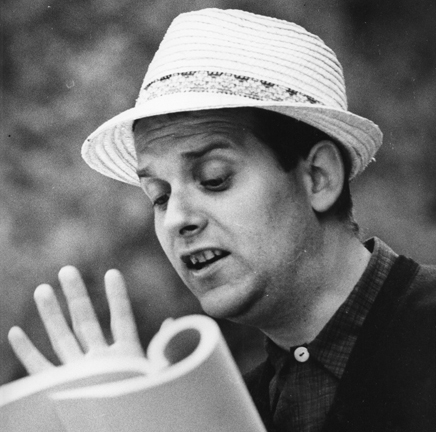Minimum query is 3 letters.
PETER HAMES
from his book THE CZECHOSLOVAK NEW WAVE
Unlike his fellow directors, most of whom could justify their films as in some sense related to everyday reality, Němec made no concessions in his attempt to develop a non-realist cinema. Regardless of any qualities possessed by the films, this stance was bound to provoke controversy. In the West, formal innovation can, to some extent, be ignored. In East and Central Europe, it automatically posed a threat to the art establishment.
Luc Moullet’s attack on Diamonds of the Night in Cahiers du Cinema unwittingly associated itself with the most conservative elements in Czechoslovak culture. Drawing parallels with Last Year in Marienbad (1961), he deplored the fact that a people’s democracy should finance a reactionary film of ‘false aesthetics deprived of all social and human value’. The reaction of most Czech critics was quite different. Gustav Francl drew attention to the productive renewal of links with lyricism, while Jiří Janoušek, invoking Breton, saw it as a ‘convulsive’ film, a film about truth and beauty, a film about man and the world in which he lives. Antonin Liehm hailed it as a ‘vehement protest against the humiliation of man’.
While these quotations tell us more about the viewpoints of the critics than the film, they demonstrate the atmosphere of controversy that has surrounded Němec’s work. The political connotations of The Party and the Guests, the ‘incomprehensible’ Surrealism of Martyrs of Love, his film about the Soviet invasion, Oratorio for Prague (1968), and his later exile ensured that Němec’s films aroused strong feelings inside Czechoslovakia.
It is important to recognize this, since Němec’s films have not achieved the same international reputation as the work of Forman, Menzel and Chytilová. One reason probably lies in their brevity, resolute experimentation and occasional rough edges. Němec admitted that all his films were made in a rush for fear that he would not be allowed to complete them, and that they would probably have been conceived differently in a more relaxed production situation. At the same time, the speed with which the films were made gives them an urgent individuality that is one of their most attractive features.
There is also a cultural barrier to the appreciation of Němec’s work. Despite the pretensions to universality, The Party and the Guests undoubtedly means a great deal more when seen as a comment on the Czechoslovak experience, while the particular Poetist/Surrealist tradition that gave rise to Martyrs of Love can be regarded as an acquired taste. They are, nevertheless, films that reward repeated viewings, and have been unjustly neglected by foreign audiences.
© 2005, Peter Hames; published by Wallflower Press
An excerpt from THE CZECHOSLOVAK NEW WAVE by Peter Hames, from chapter “Literature, Fantasy and Experiment”, section devoted to Jan Němec. (Wallflower Press, 2005)
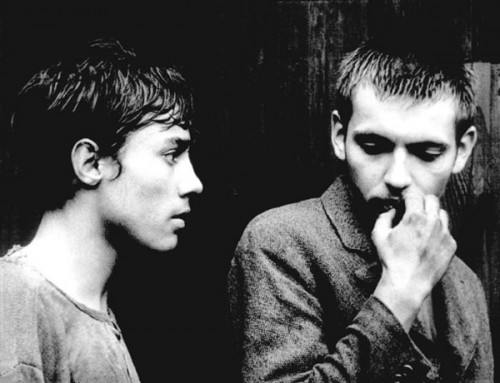 DIAMONDS OF THE NIGHT (Démanty noci, 1964)
Němec’s first feature length film follows the escape of two young concentration camp prisoners through the woods of Sudetenland and the ensuing pursuit of them.
DIAMONDS OF THE NIGHT (Démanty noci, 1964)
Němec’s first feature length film follows the escape of two young concentration camp prisoners through the woods of Sudetenland and the ensuing pursuit of them.
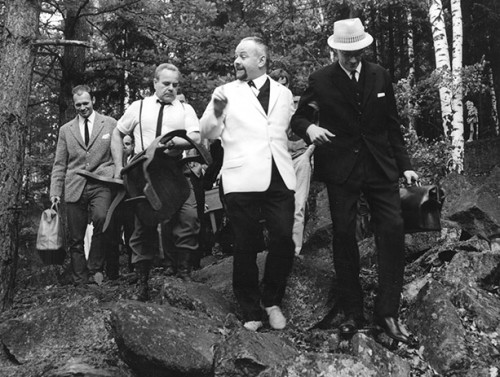 THE PARTY AND THE GUESTS (O slavnosti a hostech, 1966)
An examination of the mechanics of power and the ways people collaborate in the reality that oppresses them, the film follows a group of middle-aged bourgeois friends as they picnic in the woods on their way to a celebration.
THE PARTY AND THE GUESTS (O slavnosti a hostech, 1966)
An examination of the mechanics of power and the ways people collaborate in the reality that oppresses them, the film follows a group of middle-aged bourgeois friends as they picnic in the woods on their way to a celebration.
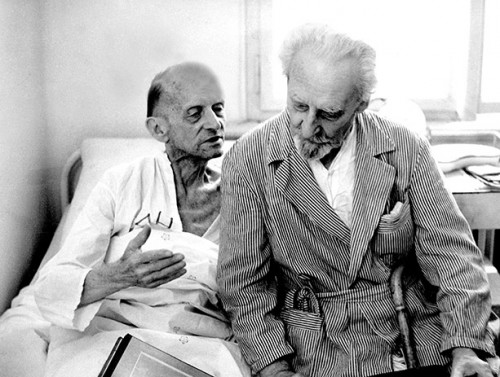 PEARLS OF THE DEEP (Perličky na dně, 1966)
A manifesto of the Czechoslovak New Wave, this anthology of five short films by five rising directors is based on a book by the celebrated writer Bohumil Hrabal.
PEARLS OF THE DEEP (Perličky na dně, 1966)
A manifesto of the Czechoslovak New Wave, this anthology of five short films by five rising directors is based on a book by the celebrated writer Bohumil Hrabal.
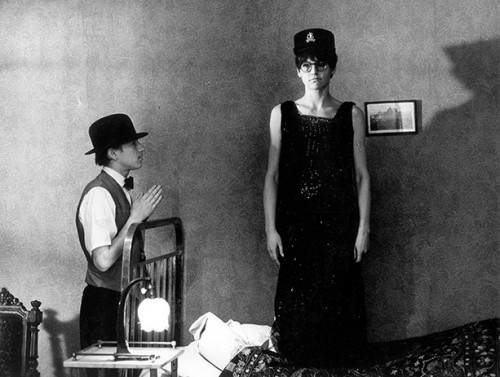 MARTYRS OF LOVE (Mučedníci lásky, 1967)
The most perfect embodiment of Němec’s vision of a film world independent of reality. Mounting a defense of timid, inhibited, clumsy, and unsuccessful individuals, the three protagonists are a complete antithesis of the industrious heroes of socialist aesthetics.
MARTYRS OF LOVE (Mučedníci lásky, 1967)
The most perfect embodiment of Němec’s vision of a film world independent of reality. Mounting a defense of timid, inhibited, clumsy, and unsuccessful individuals, the three protagonists are a complete antithesis of the industrious heroes of socialist aesthetics.
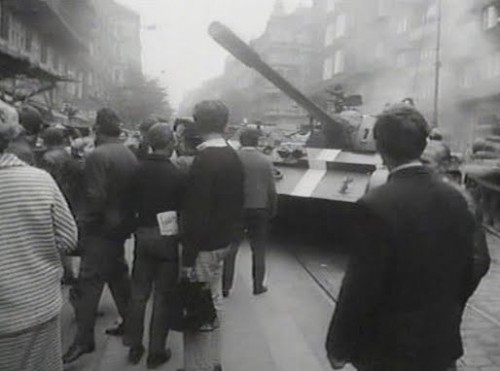 ORATORIO FOR PRAGUE (1968)
With film stock and camera at his disposal, director Němec was ready to document the invasion by Soviet tanks in August 1968, which crushed the democratization process of the so called Prague Spring.
ORATORIO FOR PRAGUE (1968)
With film stock and camera at his disposal, director Němec was ready to document the invasion by Soviet tanks in August 1968, which crushed the democratization process of the so called Prague Spring.
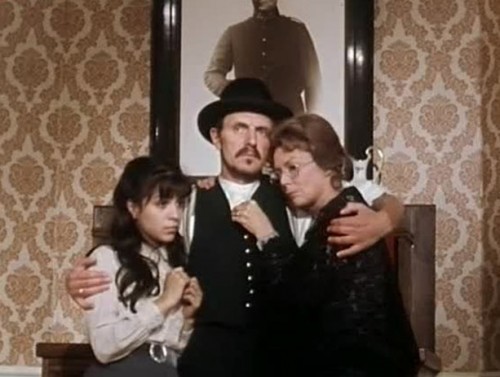 METAMORPHOSIS (Die Verwandlung, 1975)
Taking a typically personal approach, Němec depicts Samsa’s world through a subjective camera, emphasizing his inner world and his observation of shocked family and his surroundings.
METAMORPHOSIS (Die Verwandlung, 1975)
Taking a typically personal approach, Němec depicts Samsa’s world through a subjective camera, emphasizing his inner world and his observation of shocked family and his surroundings.
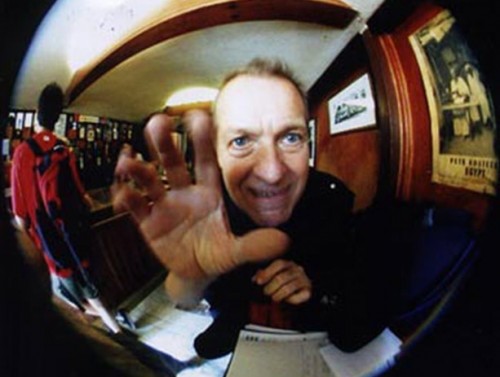 LATE NIGHT TALKS WITH MOTHER (Noční hovory s matkou, 2001)
Experimenting with digital video formats, this counterpart to Kafka’s Letter to Father finds the director probing his own psyche in the form of a confessional dialogue with his long deceased mother.
LATE NIGHT TALKS WITH MOTHER (Noční hovory s matkou, 2001)
Experimenting with digital video formats, this counterpart to Kafka’s Letter to Father finds the director probing his own psyche in the form of a confessional dialogue with his long deceased mother.
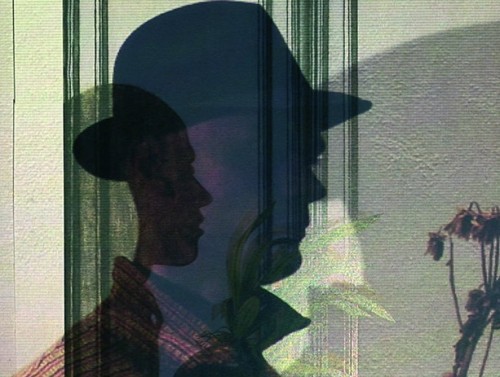 TOYEN (2005)
In one of the most enigmatic films of his career, Němec uses an abstract structure to create this portrait of revered Surrealist painter Toyen. The film, true to the subject’s own style, is an idiosyncratic vision that revisits the most oppressive period of her life.
TOYEN (2005)
In one of the most enigmatic films of his career, Němec uses an abstract structure to create this portrait of revered Surrealist painter Toyen. The film, true to the subject’s own style, is an idiosyncratic vision that revisits the most oppressive period of her life.
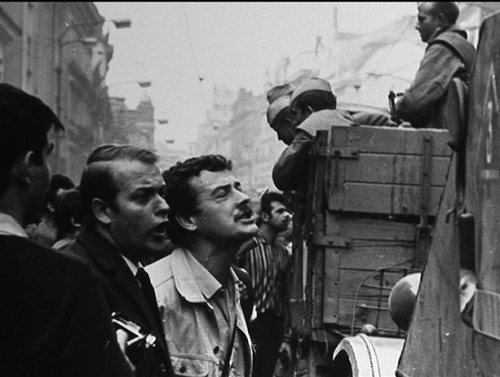 THE FERRARI DINO GIRL (Holka Ferrari Dino, 2009)
While shooting a documentary about the exciting and hopeful period known as the Prague Spring, Němec and his crew found themselves watching and filming in horror as the Soviets invaded Czechoslovakia in August 1968.
THE FERRARI DINO GIRL (Holka Ferrari Dino, 2009)
While shooting a documentary about the exciting and hopeful period known as the Prague Spring, Němec and his crew found themselves watching and filming in horror as the Soviets invaded Czechoslovakia in August 1968.
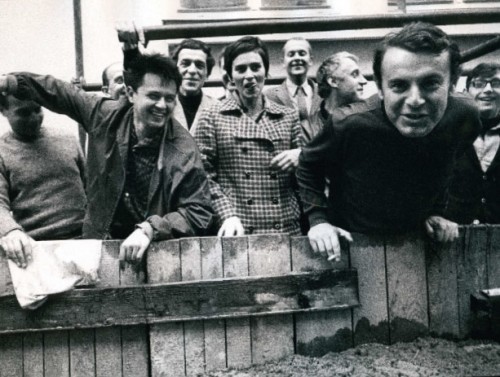 GOLDEN SIXTIES: JAN NĚMEC (Zlatá šedesátá, 2011, dir. Martin Šulík)
An illuminating portrait of Jan Němec from a 27-part TV series about masters of the Czechoslovak New Wave.
GOLDEN SIXTIES: JAN NĚMEC (Zlatá šedesátá, 2011, dir. Martin Šulík)
An illuminating portrait of Jan Němec from a 27-part TV series about masters of the Czechoslovak New Wave.
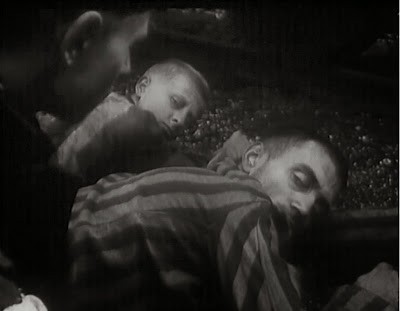 A LOAF OF BREAD (Sousto, 1960)
Němec’s graduation film follows the story of starving prisoners plotting to steal a piece of bread from a parked train in preparation for their escape.
A LOAF OF BREAD (Sousto, 1960)
Němec’s graduation film follows the story of starving prisoners plotting to steal a piece of bread from a parked train in preparation for their escape.
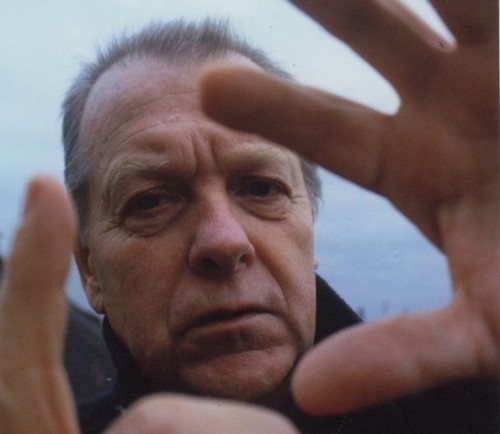 MOTHER AND SON (Moeder en zoon, 1967)
An absurdist tale about a doting mother of a brutal torturer.
MOTHER AND SON (Moeder en zoon, 1967)
An absurdist tale about a doting mother of a brutal torturer.
COMEBACK COMPANY
For press and booking inquiries:
To sign-up for our newsletter
email us with "newsletter" in the
subject line:
Comeback Company 2014
Design by Parallel Practice
© All rights reserved.
